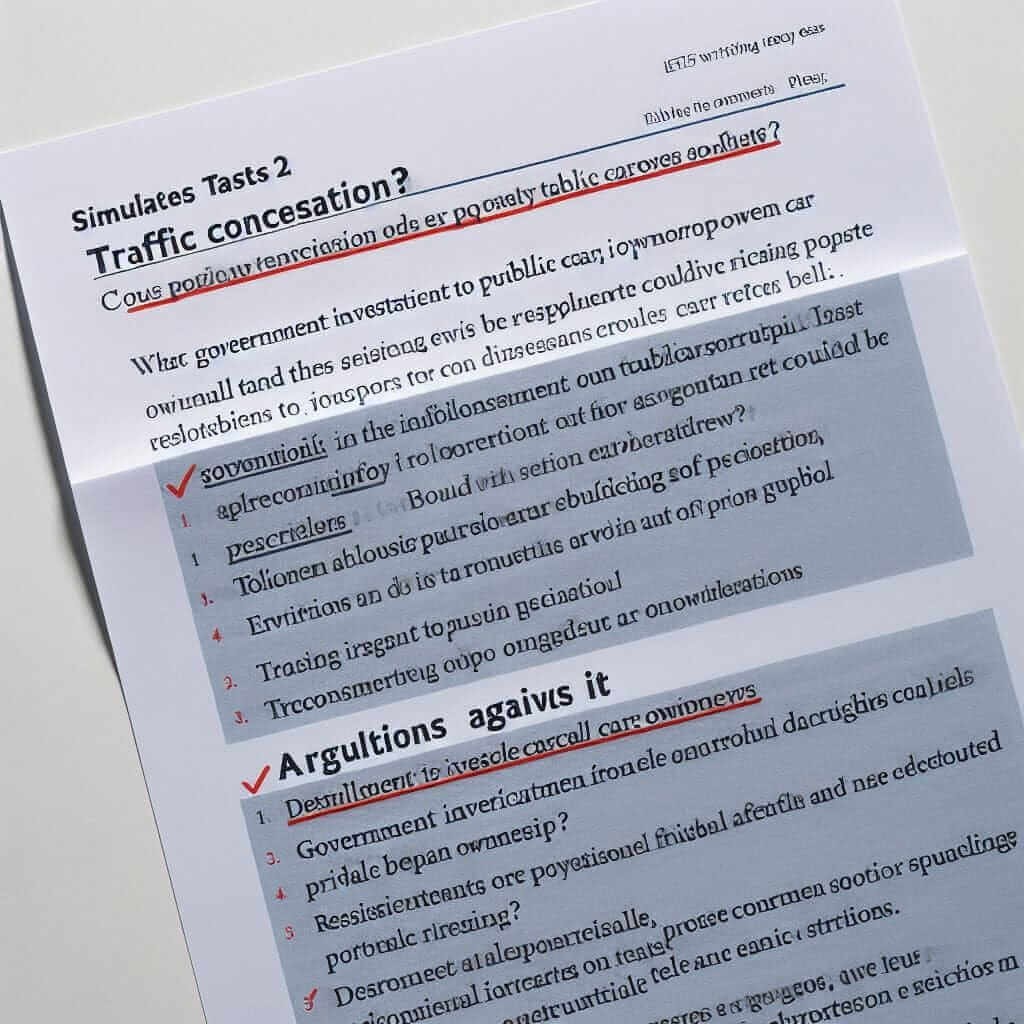For over two decades, I’ve had the privilege of guiding countless individuals through the intricacies of the IELTS exam. Over the years, one question consistently arises: “Can I effectively prepare for the IELTS on my own?” The answer, in short, is a resounding YES. Self-study can be incredibly rewarding and effective, especially with the right approach and resources. This guide will equip you with the knowledge and strategies to ace your IELTS exam through dedicated self-learning.
Understanding the Importance of Self-Study for IELTS
IELTS, or the International English Language Testing System, evaluates your English language proficiency across four key areas: Listening, Reading, Writing, and Speaking. Effective self-study empowers you to:
- Learn at your own pace: Tailor your study schedule to fit your life, focusing on areas where you need the most improvement.
- Develop self-discipline: Conquering the IELTS requires commitment. Self-study helps cultivate the discipline and time management skills vital for success.
- Personalize your learning: Discover the methods and resources that resonate best with your learning style.
Crafting Your Self-Study Roadmap
1. Define Your Goals and Timeline:
- Establish a Target Score: Be realistic about your aspirations and the score needed for your academic or professional goals.
- Set a Study Schedule: Allocate dedicated time each day or week, treating it like an important appointment.
2. Gather High-Quality Resources:
- Official IELTS Materials: Utilize practice tests, sample answers, and band descriptors from the British Council or IDP.
- Reputable Textbooks: Choose comprehensive guides that cover all four sections of the exam.
- Online Platforms: Explore reputable websites like “IELTS.NET – Learning IELTS Online” for practice exercises, video lessons, and expert tips.
3. Master Each IELTS Section:
Listening:
- Practice Regularly: Listen to English podcasts, news, or TV shows to improve your comprehension.
- Focus on Keywords: Identify key information and anticipate answers in practice tests.
Reading:
- Develop Skimming and Scanning Skills: Quickly identify the main ideas and specific details.
- Enhance Vocabulary: Make note of unfamiliar words and actively expand your academic vocabulary.
Writing:
- Analyze Sample Answers: Understand the structure, grammar, and vocabulary required for high band scores.
- Practice, Practice, Practice: Write essays and reports regularly, seeking feedback whenever possible.
Speaking:
- Speak English Daily: Find opportunities to converse with native speakers or fellow learners.
- Record Yourself: Practice speaking prompts and analyze your fluency, pronunciation, and grammar.
4. Simulate Exam Conditions:
- Take Timed Practice Tests: Familiarize yourself with the time pressure of the real exam.
- Analyze Your Performance: Identify strengths and weaknesses to focus your future study sessions.
Example: Tackling IELTS Writing Task 2
Prompt: Some people believe that the government should invest heavily in public transportation to reduce traffic congestion. Others argue that private car ownership should be restricted. Discuss both views and give your opinion.

Tips:
- Plan Your Essay: Outline your key arguments and supporting details before writing.
- Use a Clear Structure: Introduce the topic, present both sides of the argument, provide your opinion, and conclude concisely.
- Support Your Ideas: Use relevant examples and evidence to back up your claims.
- Proofread Carefully: Check for grammar, spelling, and vocabulary errors.
Conclusion
While the journey of self-study for the IELTS requires dedication and effort, it’s an achievable goal with the right mindset and approach. Remember to be patient with yourself, celebrate small victories, and embrace the learning process. By following the guidance outlined in this article and utilizing the wealth of resources available, you’ll be well on your way to achieving your desired IELTS score. Good luck!